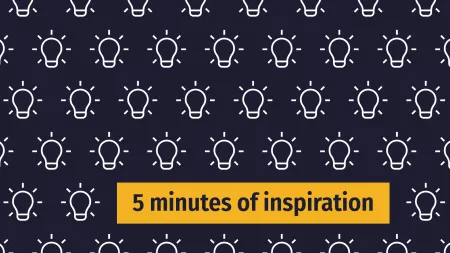When the EU funded 4 INGOs (including CARE) to run cash transfer and income generating activities to support food security in Bangladesh, CARE got a lot of pushback for having the lowest cash transfer of any of the programs. Everyone told us that wouldn’t work, and tried to get us to raise the number. 4 years later, the lowest grant had the biggest impact on household income of any of the programs—40% higher than the next most successful partner. It’s not just incomes that change, 66% of that new income goes directly into purchasing food.
Why? Because we built from community strengths, and supported a diverse and integrated range of choices for ultra-poor families.
The European Union funded Food Security for the Ultra Poor in the Haor Region (FSUP) from 2009-2013. Despite some management challenges (and if you’re sharing the evaluation with people, understand that it highlights real management and partnership issues in addition to project successes), we had remarkable impacts on income and food security.
What did we accomplish?
- People eat 3 meals a day: The number of families eating 3 meals a day went from 17% at baseline to 95% at endline—5.8 times more people.
- People are eating better food: 48% more people are eating vegetables regularly, and 40% more people are able to access fish as a part of their regular diet. Food consumption scores went up by 43%, indicating more diverse, healthier diets.
- More women accessed health services: Antenatal-care visits went from 14% to 50%, and women getting Vitamin A nearly tripled—from 32% to 82%. The number of women getting Iron supplements (IFA) during pregnancy went from 36 to 64%.
- Incomes went up by 40%: Families invested money into businesses, and saw their incomes rise by 40%. Not only that, but incomes were more diverse, so people had more resilience in cases of emergency.
- Adolescent girls improved their incomes: Working specifically with adolescent girls to grow gardens saw that girls got an additional $10.50 to spend during the growing season, as well as 3.7 more kilograms of vegetables for home consumption.
How did we get there?
- Help families build assets: The ultra-poor have so little to work with that they need some direct support at the beginning. CARE and our partners gave out cash transfers of $60 per family to invest as they chose.
- Build on what communities do well: 45% of grant recipients invested in small businesses that they had already owned or worked with before—giving them a place to start from and some comfort level. This meant they could make progress faster than starting from scratch.
- Work on community priorities: FSUP worked on getting community priorities built into Village Development Committees and Community Action Plans, so that everyone had a chance to set priorities for where the project would focus and how it would move forward without project support. FSUP also deliberately connected communities to local government so that they could have more sustainable access to services and budget support.
- Provide a range of options: The project provided training in income generating activities, access to cash-for-work schemes, supported families to apply for land ownership, and helped them flood-proof their homes. This range of possibilities, and the integrated service provision, meant that families could pick and choose what worked best for them, rather than the 1-2 IGA options that some other projects provided.
Want to learn more?
Read the evaluation.
